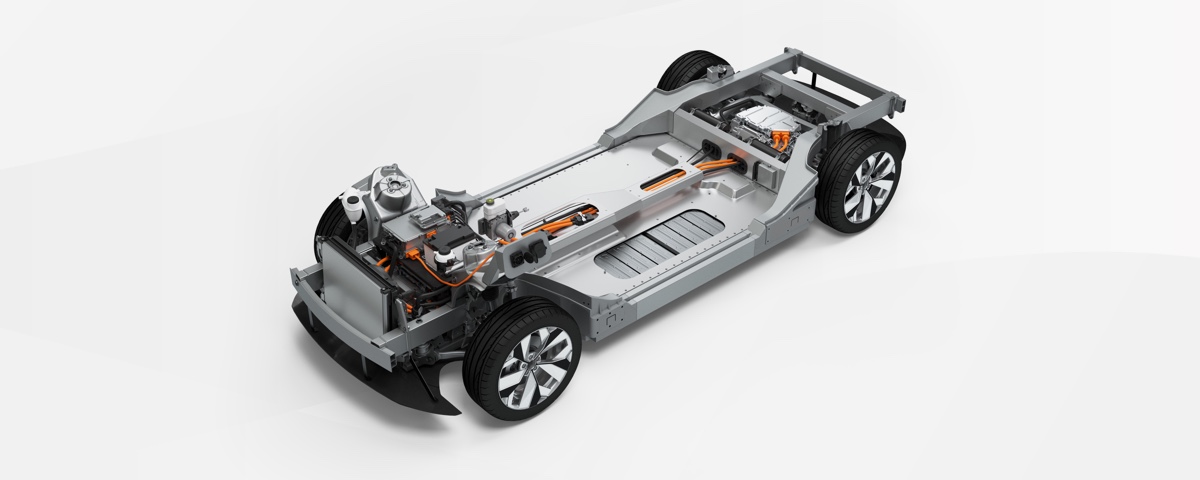Are you interested in our solutions? Then write us a message. Our sales team will be happy to help you.
Driving fun, efficiency, environmental awareness: battery-electric vehicles are growing more and more popular all over the world. They offer driving fun, high efficiency, and zero local emissions. That makes this powertrain a key technology for many vehicles, particularly in urban areas.
Dirk Brinkmann
Battery-electric vehicles offer clear advantages: not only does their powertrain produce zero local emissions, it also makes a significant contribution to reducing CO2 – especially when run on renewable electricity. But that is just the beginning.
Dirk Brinkmann explains which options are on offer in Bosch’s portfolio of solutions for battery-electric vehicles, which innovations will make the drive system even more efficient, and why the technology will still be playing a key role in 2030.
enable efficient and dynamic driving
thanks to reduced maintenance effort
Developement of battery costs
An emerging trend that now boasts massive market growth: a modest selection of electric vehicles has turned into a portfolio of models with ranges of over 500 km. At the moment, around 30 new models are anticipated every year. Bosch estimates that a third of all newly registered passenger cars and light commercial vehicles will be powered purely by electricity in 2030. Price is a decisive factor. Taking various regional buying incentives on board, a compact-class electric vehicle can already be bought for less than comparable models running on gasoline or diesel.
Driving fun and low running costs are clearly important arguments in favor of battery-electric drive systems, yet CO2 legislation is another major force that drives the technology forward. A purely electric vehicle emits zero CO2 locally. However, full carbon neutrality is only achieved when generating the electricity does not incur excessive emissions.
As electric vehicles continue their unstoppable rise, the energy revolution has also gathered pace. This interplay is already helping to improve air quality.
Charging stations in the European Union
A short supply of charging stations is one of the greatest challenges for battery-electric vehicles to overcome if they are to break into the mass market. Yet charging infrastructure continues to be expanded. Since 2015, the number of public charging points in Europe has more than quadrupled.
In this context, an all-covering network of AC and DC charging points for urban regions is just as necessary as the further expansion of the infrastructure on freeways and federal highways.

Bosch offers added value throughout the powertrain: from Silicon carbide semiconductors for maximum efficiency to components such as power electronics, e-machines, and drive units in the form of eAxles. Bosch has joined forces with automotive-technology expert Benteler to develop the rolling chassis, a drivable modular platform, to demonstrate exactly what system integration is capable of.
Customers can choose between an all-in-one solution and custom, preintegrated modules. This scalable approach enables automobile manufacturers to speedily implement new electric-vehicle concepts and helps them to further increase their efficiency in development.
Are you interested in our solutions? Then write us a message. Our sales team will be happy to help you.

